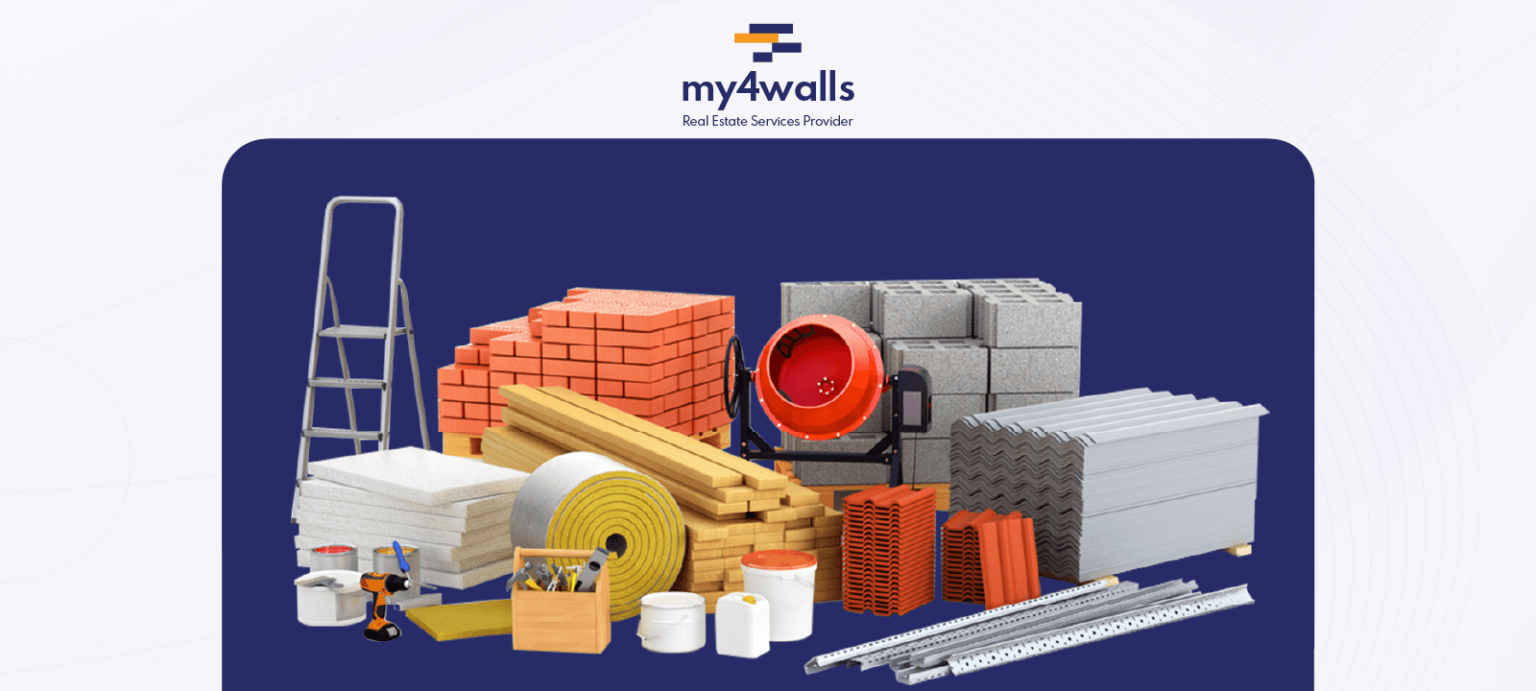
Construction Industry Challenges in 2023
The construction industry of 2023 is facing numerous challenges that will affect the way it operates, its costs as well as overall growth. These issues arise out of an array of global issues and specific industry issues. This article examines some of the most pressing issues facing the construction industry in 2023.
1. Demand Chain Disruptions
Among the major challenges facing the field of construction are disruptions in supply chains. The ongoing global pandemic-related restrictions as well as disruptions in trade have led to the shortage of essential raw materials as well as construction equipment. These interruptions can cause delays in the delivery of materials and can result in project delays and higher costs. Construction companies must deal with the fluctuating availability and prices of crucial materials, which can affect the planning and execution of projects.
2. Labor shortages
The construction sector continues to face an insufficient supply of skilled labor. It has a difficult time attracting and retaining skilled workers creating a dwindling workforce. Furthermore, competition from other industries including renewable energy and technology for skilled labor compounds this issue. The shortage of skilled workers can affect the timelines of projects, their quality, and overall efficiency in the construction sector.
3. The rising cost of construction
A major issue for 2023 will be the increase in construction costs. There has been a significant increase in the price of construction materials, such as steel, lumber, and cement. Supply chain disruptions as well as high demand are the main reasons behind the price increases. In addition, labor costs have increased because of labor shortages and a need for higher wages to lure skilled workers. The rising costs place stress on construction firms’ budgets, thereby affecting the profitability and feasibility of projects.
4. Technological Innovations
Technological advancements continue to impact our industry of construction, offering both challenges and opportunities. In 2023 the fast speed of technological advances will require construction firms to adjust and invest in the latest technology and tools. Implementing technology like Building Information Modeling (BIM) drones, drones, and robotics creates more costs and difficulties in the training of existing employees. Businesses must adopt and incorporate these new technologies to improve productivity and stay competitive.
5. Sustainable Development and Environmental Regulations
The construction industry is under increasing pressure to implement sustainable practices and adhere to more stringent environmental laws. There is a growing focus on eco-friendly construction practices and the reduction of carbon emissions. Meeting these standards often means an increase in costs and the requirement for expertise and knowledge. Construction companies have to adapt their methods and invest in sustainable designs and source recyclable materials, which poses an enormous challenge.
The Impact of Hyperinflation on the Construction Industry
Hyperinflation, which is characterized by massive and rapid rises in prices, will have an enormous impact on the industry of construction through 2023. The following results are evident:
Inflation is a major factor that causes a rapid rise in the cost of construction materials. This means that construction projects are becoming more costly and more difficult to implement within budget. Construction companies face challenges in the estimation and management of project costs because of the fluctuating cost of materials. Hyperinflation has caused construction industry challenges like:
Project Delays
The delays caused by hyperinflation in the supply chain usually result in shortages of materials, which can lead to delays in projects. Construction companies could face difficulty finding the materials they require at affordable prices, which can cause construction projects to stop or to have long timelines. This can affect contract obligations and create tension with customers.
Financial Uncertainty
Hyperinflation causes economic instability, which can affect the performance of construction companies’ finances. The rapid decrease in the value of currencies and the fluctuation in inflation rates could cause increased interest rates, which makes it challenging for construction companies to obtain loans or finance for their projects. The uncertainty in the financial market can complicate financial planning and can slow the growth and viability of businesses in the field of construction.
Problems with Contracts
Hyperinflation can pose problems in the management of contractual agreements. Since prices of the currency decrease quickly, construction contracts might need adjustments or renegotiations to reflect changing costs and reduce financial risk. This process is time-consuming and results in an additional administrative burden for construction firms.
Variations in Demand
Hyperinflation impacts the purchasing power of consumers, which leads to a decrease in demand for construction projects. Construction companies might have to adjust their strategies to focus on areas or sectors that are less affected by hyperinflation in order to ensure the stability of their process. This requires agility and flexibility in identifying opportunities for growth and adapting business plans accordingly.
It is crucial to remember that the particular challenges and effects of hyperinflation could differ between countries and regions, due to their political and economic circumstances. The construction industry has to remain alert, flexible, and resilient as it navigates these obstacles to guarantee long-term growth and achievement.



